In this heartfelt episode of The Soviet Life, host Kate Saba sits down with Monika Dorosheff-Chamasyan, a classically trained violinist and educator who grew up in Soviet Armenia. Together, they explore what it was like to live through the Soviet era, the collapse of the regime, and the resilience it took to adapt and thrive afterward.
Monika opens up about her music education under the Soviet system, bartering for survival in post-collapse Armenia, and what it meant to bring her talents to the United States—eventually founding a thriving violin studio - Oak Hill Strigs. She also reflects on family history, the legacy of genocide, and her first impressions of America.
Through Monika’s lens, this episode offers a personal glimpse into the strength of the Armenian people, the power of culture, and the enduring spirit of those who bridge past and present across continents.
Key Takeaways:- Soviet Armenia was rich in culture and education, particularly in the arts, but life under the regime was tightly controlled and deeply influenced by Soviet ideology.
- Music education in the USSR was rigorous and valued, helping Monika develop a deep appreciation for discipline, technique, and the role of art in society.
- The collapse of the Soviet Union led to widespread economic instability, with families like Monika's turning to bartering and alternative means to survive.
- Monika’s immigration to the United States brought cultural contrast, especially in education, lifestyle, and opportunities—revealing both challenges and personal growth.
- Building a violin studio in the U.S. was not just a career step, but a way to honor her upbringing, share the values instilled through her training, and offer a distinctive approach to music education through the Suzuki method.
- The legacy of Armenian resilience—shaped by genocide, diaspora, and political upheaval—continues to influence Monika’s worldview and her commitment to community.
- Cultural identity and artistic expression are central to healing, preserving history, and building bridges between generations and countries.
- Despite hardships, there were positive aspects of Soviet life, such as access to high-quality education and strong community values, which still inform Monika's outlook today.
- Monika encourages listeners to visit Armenia, experience its rich heritage firsthand, and connect with the story of a people who have endured and thrived.
Episode Chapters:
00:55 – Armenia’s Deep Cultural Roots - brief intro of Armenia
04:20 – Childhood in Soviet Armenia
10:51 – Music Education Under the USSR
17:42 – Adapting to American Teaching Styles
22:02 – Life After the Soviet Collapse
24:57 – Family History and the Armenian Genocide
27:43 – Resilience in Post-Soviet Armenia
30:38 – Monika’s First Impressions of America
34:15 – Building a Life in the U.S.
38:22 – Culture, Purpose, and Artistic Drive
40:29 – What the USSR Got Right
42:01 – Diaspora, Family, and Global Armenian Identity
42:52 – How Armenia Is Doing Today
47:17 – A Warm Invitation to Visit Armenia
Please share your thoughts and stories about growing up in the Soviet Union or navigating cultural identity abroad, reach out at kate@thesovietlife.com. Follow us and leave a review to support the podcast.
Also check out Monika's studio - Oak Hills Strings -...
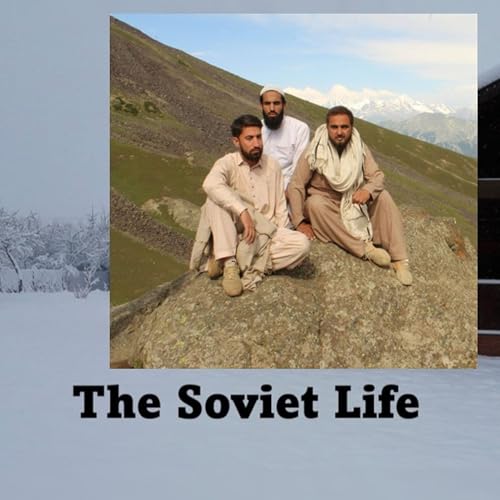 44 分
44 分 46 分
46 分 16 分
16 分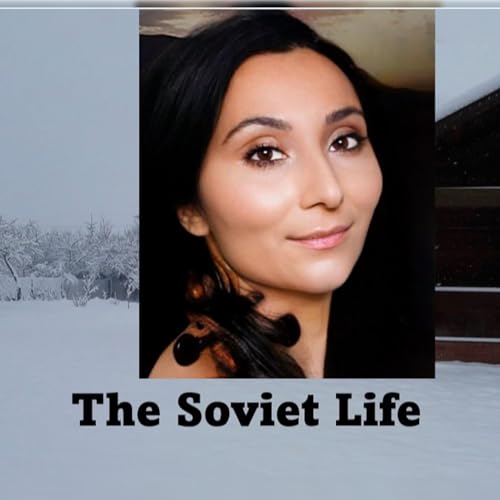 48 分
48 分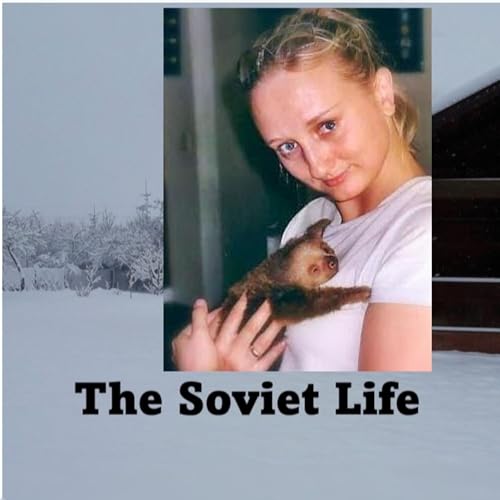 49 分
49 分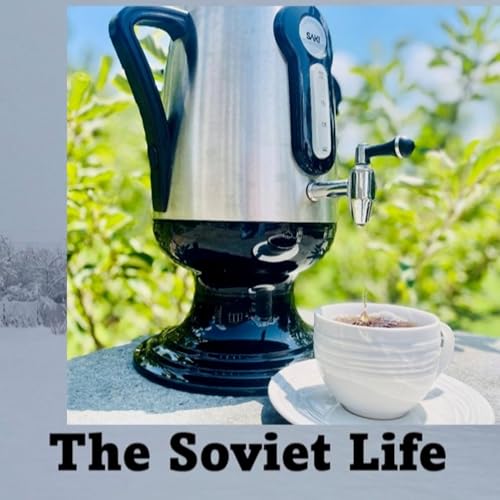 42 分
42 分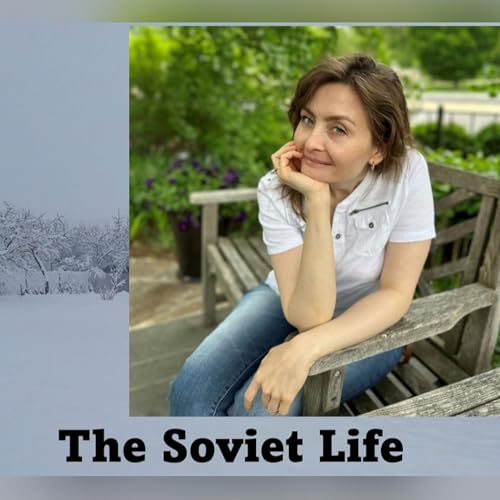 2025/06/1943 分
2025/06/1943 分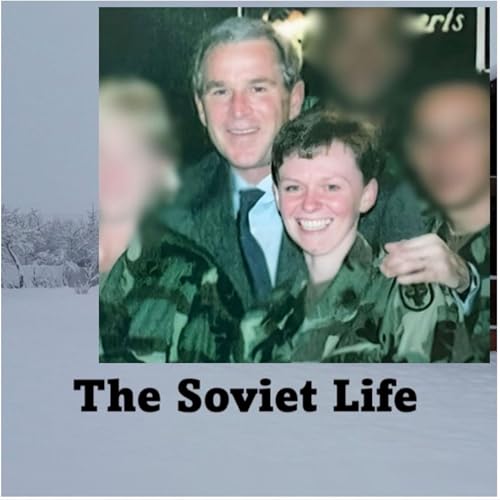 42 分
42 分

